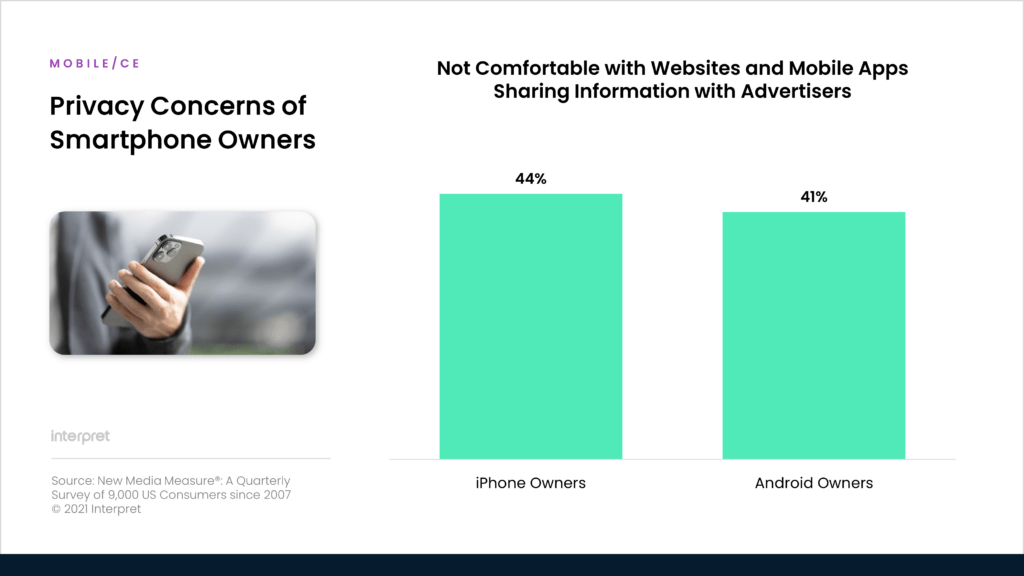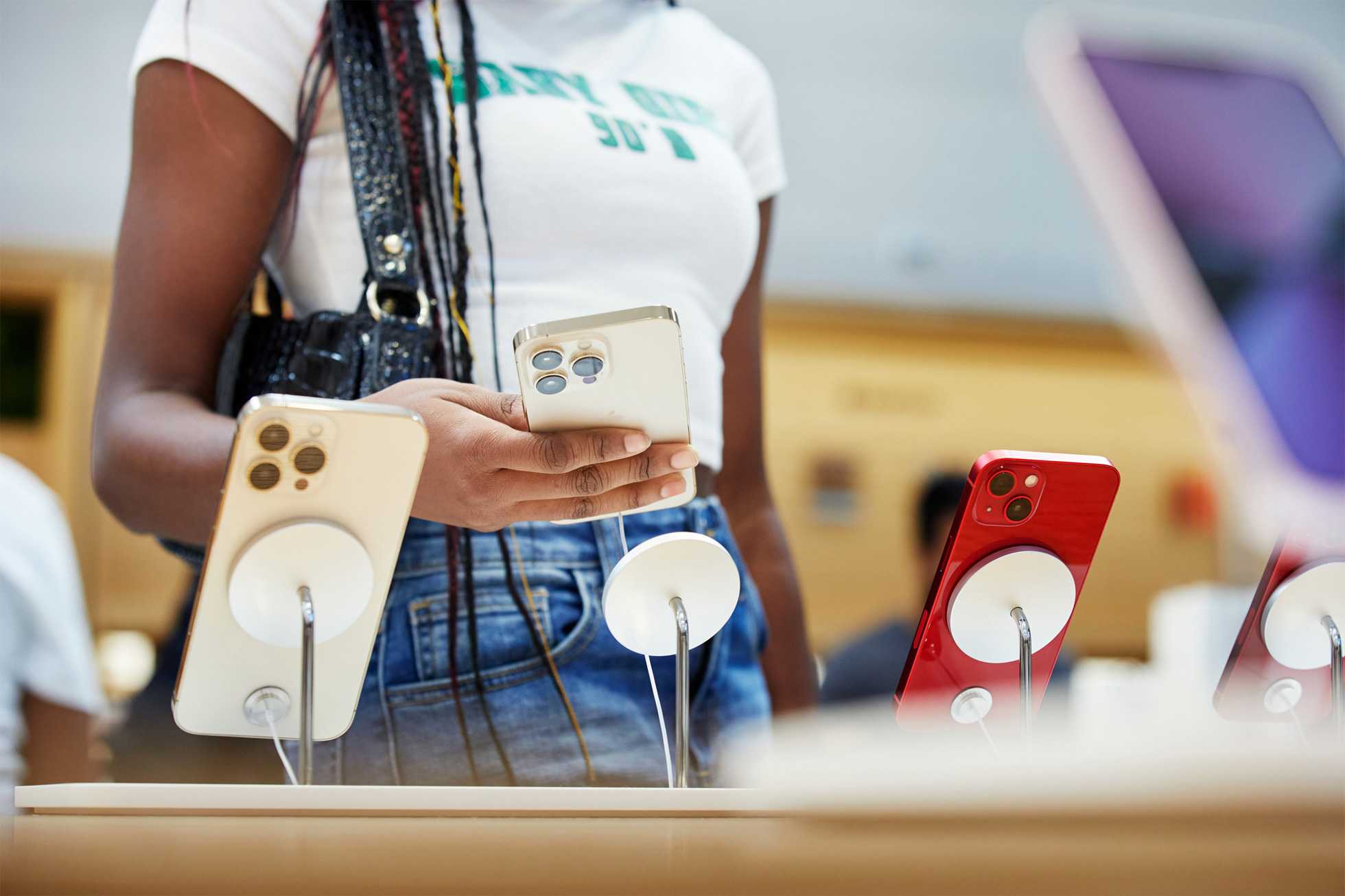In 2018, after Facebook’s massive data breach, Apple CEO Tim Cook promised that his company would not “traffic in your personal life,” and he called privacy both a “human right” and a “civil liberty.” Fast forward to 2021, and the company is following through on Cook’s promise – earlier this year, Apple officially enacted restrictions on its IDFA (Identifier for Advertisers) in iOS 14, meaning users would have to opt-in to allow apps to track them.
It’s a hard pill to swallow for many marketers in mobile gaming and other industries, but it’s also a move that most customers likely appreciate given the abundance of consumer data being tracked these days. As of May, only 19% of iOS users both saw and allowed for IDFA tracking, according to marketing analytics firm Singular.
Additionally, coinciding with the recent launch of the iPhone 13, Apple’s latest update in iOS 15 offers a new “App Privacy Report,” which lets users see how often an app accessed the microphone or device location over the last seven days. And for subscribers to iCloud, Apple is now providing an “iCloud Private Relay,” which functions similarly to a VPN by hiding a user’s IP address. Moreover, the iPhone Mail app also gives users the ability to create random burner email addresses and even hide the data that informs marketers about email opens.
Taken together, that’s a considerable list of privacy enhancements. Interpret data does show that iPhone owners tend to care more than Android smartphone owners about whether their user data is tracked. Interpret’s New Media Measure® reveals that 44% of iPhone owners agree with the statement, “You are not comfortable with websites and mobile apps sharing information about you with advertisers.” Among Android smartphone owners, that figure dips slightly to 41%.
Apple is catering to the needs of its customers, and its privacy-first strategy could be attractive to potential new customers who’ve not yet made the Android to iOS transition. Privacy aside, the new iPhone 13 gives consumers numerous reasons to upgrade, including big improvements to battery life, camera quality, and a faster processor.





